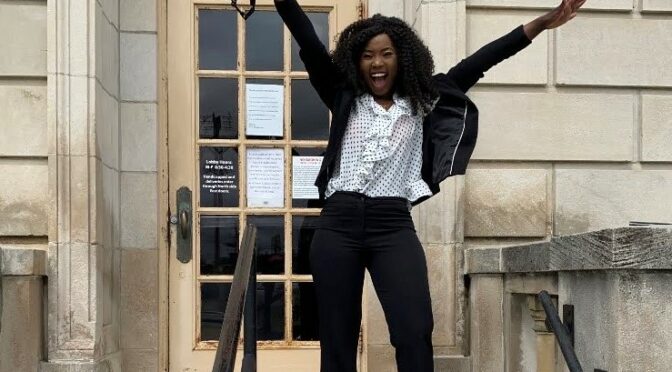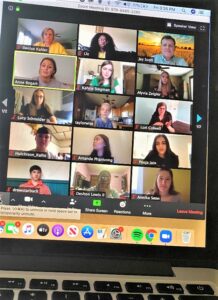USDA Offers Farm Loans for Farmers Facing Covid-19 Related Challenges
Manhattan, Kansas, May 14, 2020 — The U.S. Department of Agriculture (USDA) Farm Service Agency (FSA) reminds producers that FSA offers farm ownership and farm operating loans to agricultural producers who may not find success obtaining loans from their traditional financial institutions because of COVID-19. Farmers who cannot obtain commercial credit from a bank can apply for FSA direct or guaranteed loans.
“Farming and ranching is a capital-intensive business and FSA is committed to helping producers maintain their agricultural operations during this time of crisis,” said David Schemm, FSA State Executive Director in Kansas. “FSA loans are designed to assist beginning and historically underserved farmers and ranchers, as well as those who have suffered financial setbacks from natural disasters or economic downturns. Producers may find that an FSA loan is the best option for them if they cannot qualify for a loan with their traditional financial institutions or other financial institutions because of COVID-19.”
USDA offers a variety of loans to meet different production needs. Direct loans are made to applicants by FSA. Guaranteed loans are made by lending institutions who arrange for FSA to guarantee the loan. FSA can guarantee up to 95 percent of the loss of principal and interest on a loan. The FSA guarantee allows lenders to make agricultural credit available to producers who do not meet the lender’s normal underwriting criteria.
The direct and guaranteed loan program offers two types of loans: farm ownership loans and farm operating loans.
Farm ownership loan funds may be used to purchase or enlarge a farm or ranch; purchase easements or rights of way needed in the farm’s operation; build or improve buildings such as a dwelling or barn; promote soil and water conservation and development; and pay closing costs.
Farm operating loan funds may be used to purchase livestock, poultry, farm equipment, fertilizer, and other materials necessary to operate a farm. Operating loan funds can also be used for family living expenses; refinancing debts under certain conditions; paying salaries for hired farm laborers; installing or improving water systems for home, livestock or irrigation use; and other similar improvements.
Repayment terms for direct operating loans are scheduled from one to seven years. Financing for direct farm ownership loans cannot exceed 40 years. Interest rates for direct loans are set periodically according to the government’s cost of borrowing. Guaranteed loan terms and interest rates are set by the lender.
For more information on FSA’s farm loan programs, please contact your local FSA office or visit farmers.gov.
#
USDA is an equal opportunity provider, employer, and lender.


